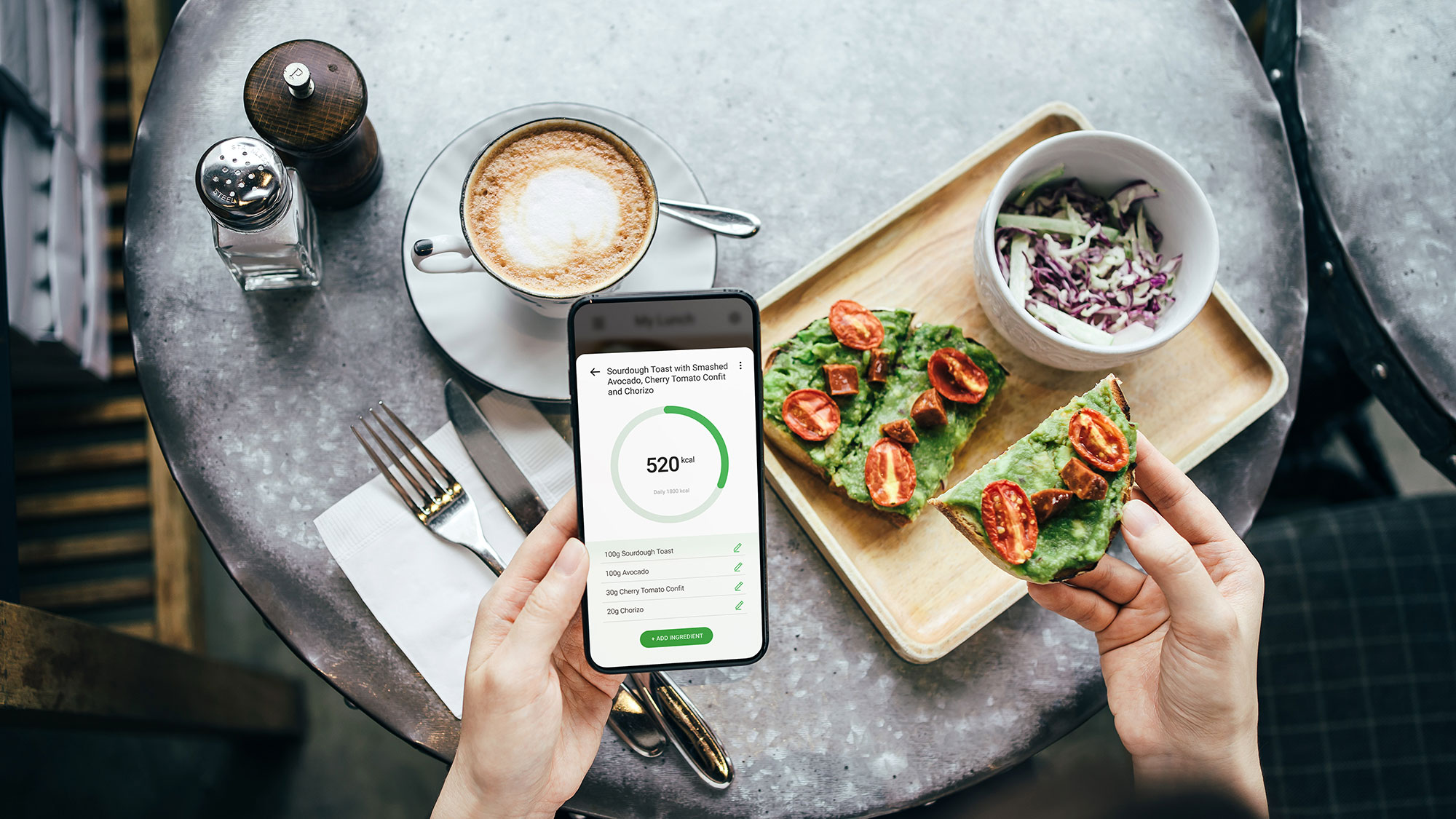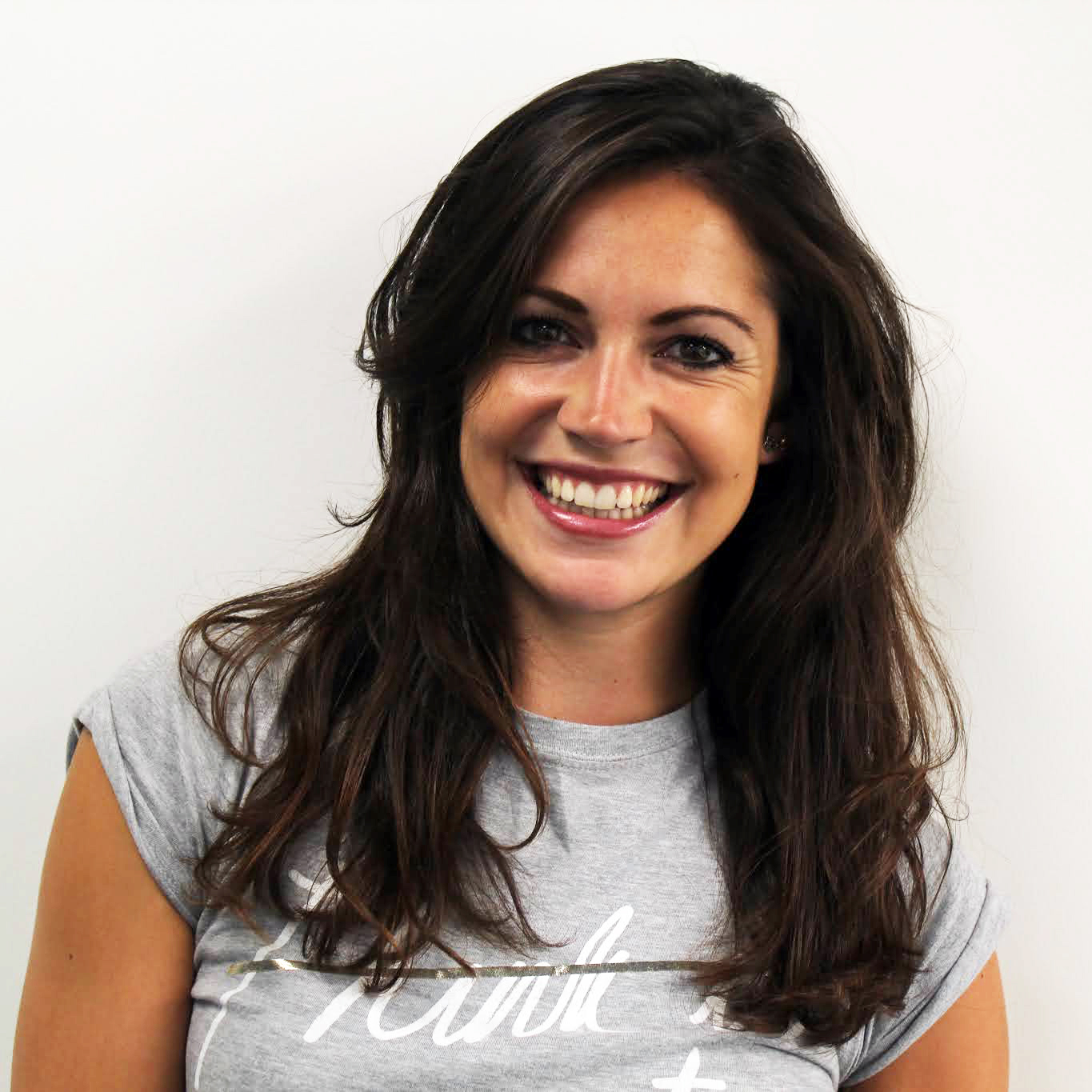How many calories should I eat a day? Calculating weight loss and maintenance targets
Follow this trusted equation to calculate how many calories you should consume a day for weight loss and maintenance


When it comes to the question of how to eat healthily, a common question people end up asking is 'how many calories should I eat a day?'
It's an important question to answer, given that both overeating and under eating can have major impacts on your health and wellbeing.
It's well-known that eating more calories than we need a day causes us to be overweight, and often the solution people turn to when trying to lose weight or avoid weight gain is to drastically cut their calorie intake, often through methods such as intermittent fasting.
However, eating less isn’t always the right way to looking and feeling great, and you may be surprised to find you’re not actually consuming a sufficient number of calories for your daily needs.
Government guidelines can be a useful starting point. In the UK, these state that women should generally aim to consume 2,000 calories a day from food and drink, whilst men should aim for 2,500.
However, factors such as your age, height and weight can impact your optimum daily calories, with the Dietary Guidelines for Americans estimating a range of 1,600 to 2,400 calories per day for adult women and 2,000 to 3,000 calories per day for adult men.
So how do you know what you should be aiming for when it comes to how many calories you need? Below we outline how to work out a tailored daily target, with the help of Ashton Turner, nutritionist at Evolve 353.
Start your week with achievable workout ideas, health tips and wellbeing advice in your inbox.
How to calculate how many calories you need a day
The first thing you need to do is work out your Resting Metabolic Rate (RMR). This is the amount of calories you would need to maintain your body weight if you were in a state of rest all day.
Online tools are available to help you calculate your own RMR, or you can use what’s known as the Harris-Benedict Equation. You'll need a calculator, a tape measure and a set of bathroom scales in order to get the data required.
- Determining RMR in men
RMR = 88.3362 + A + B - C
A = 13.197 x weight in kilograms
B = 4.799 x height in centimeters
C = 5.677 x age in years
- Determining RMR in women
447.593 + A + B - C
A = 9.247 x weight in kilograms
B = 3.098 x height in centimeters
C = 4.330 x age in years
Once you have your RMR number, multiply it by the number against your usual activity level from the list below:
- Sedentary = 1.3
- Low intensity training 1-3 days a week = 1.4
- High intensity training 3-5 days a week = 1.5
- Hard exercise 6-7 days a week = 1.6-1.7
- Athletes = 1.9
This will give you a guide target to how many calories you should aim to consume daily.
Calculating how many calories to consume to lose weight
To determine how many calories you should be aiming for to lose weight, you need to create a calorie deficit - i.e. to burn more calories than you consume.
Ashton says, ‘If you’re looking to lose body fat healthily, take this number [your calorie target] and reduce by 10-15% to start with, then adjust from there.”
For example, if you had an RMR of 2,016, you would take away between 202 calories (10%) and 303 calories (15%) from that number to create a calorie deficit. This would leave you with between 1,713 and 1,814 calories a day.
Why it’s important to work out how many calories you need
Consuming more calories than your recommended daily target can cause you to gain weight, eventually leading to obesity - the impacts of which are well documented. They include serious and potentially life-threatening conditions such as type 2 diabetes, coronary heart disease and stroke.
At the other end of the scale, fatigue and low energy are just two of the impacts of undernourishing the body for prolonged periods. Fewer calories through food means less energy, with Ashton warning: ‘Fatigue adversely affects training, brain function and sleep.’
Other side effects of underrating can include hair loss, brittle nails and dry skin. In women, it can also mean your body struggles to produce hormones such as oestrogen, progesterone and thyroid. ‘This can then have an adverse effect on your menstrual cycle, which in turn can make pregnancy an issue later down the line,’ Ashton says.
Low hormone production can affect bone health too, potentially leading to osteoporosis.
Calories and healthy eating
Often people are surprised by how generous their calorie allowance is, however bear in mind that it’s not a green light to inhale burgers, doughnuts and family bags of chips. Instead, it’s important to eat a balanced diet and ensure you are getting the right proportions of each food group in every meal.
‘Always get as much of your nutrition as you can from single-ingredient foods,’ Ashton advises. ‘Eat good-quality protein such as chicken, fish or tofu at every meal, and aim to eat carbs such as wholegrains, rice and boiled potatoes.’
Fat-wise, oily fish is great for the brain and heart, while dairy, nuts and oils are also great to have in your diet - though all in moderation.
See our portion size guide for more information on balancing your plate.
Lucy is a freelance journalist specializing in health, fitness and lifestyle. She was previously the Health and Fitness Editor across various women's magazines, including Woman&Home, Woman and Woman’s Own as well as Editor of Feel Good You. She has also previously written for titles including Now, Look, Cosmopolitan, GQ, Red and The Sun.
She lives and breathes all things fitness; working out every morning with a mix of running, weights, boxing and long walks. Lucy is a Level 3 personal trainer and teaches classes at various London studios. Plus, she's pre- and post-natal trained and helps new mums get back into fitness after the birth of their baby. Lucy claims that good sleep, plenty of food and a healthy gut (seriously, it's an obsession) are the key to maintaining energy and exercising efficiently. Saying this, she's partial to many classes of champagne and tequila on the rocks whilst out with her friends.
